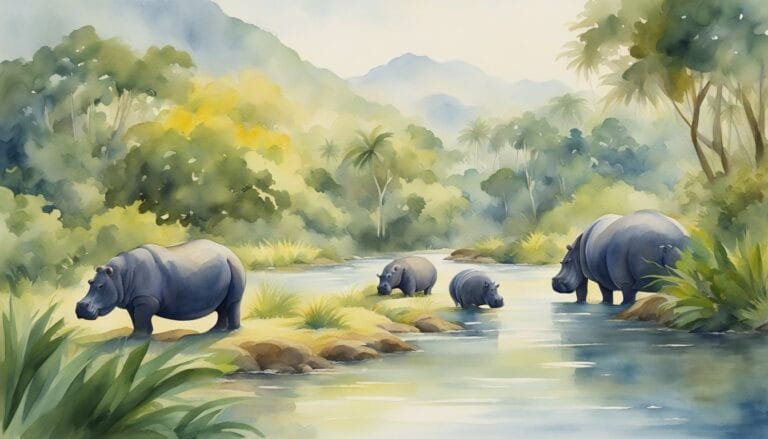Headache After Working Out: Understanding Post-Exercise Symptoms

Exercise-induced headaches occur during or post-strenuous activity and may need medical attention if severe.

Exercise-induced headaches occur during or post-strenuous activity and may need medical attention if severe.

Chemistry explores matter through the study of atoms, their structure, and interactions, including various chemical bonds.

Mistletoe is a hemiparasitic plant, obtaining nutrients from host trees but also photosynthesizes, beneficial in ecosystems and cultural traditions.

This article explores canine obesity, identifying overweight dogs, health risks, causes, and managing their weight with diet and exercise.

Travel literature categories include armchair travel, cultural explorations, fictional journeys, and works by historical and contemporary authors.

Melatonin sticks are devices emitting melatonin and essential oils to aid sleep by promoting relaxation and regulating sleep cycles.

The Sun will evolve from a main sequence star to a red giant, impacting Earth's ability to sustain life.

Pablo Escobar's imported hippos have multiplied in Colombia, becoming an invasive species that poses environmental challenges.

Elephants possess a unique gait and biomechanics that allow them to run with surprising agility, with African bush elephants reaching top speeds of up to 25 mph.

Ice ages are mainly caused by Milankovitch cycles, changes in atmospheric CO2, and continental layouts affecting climate.